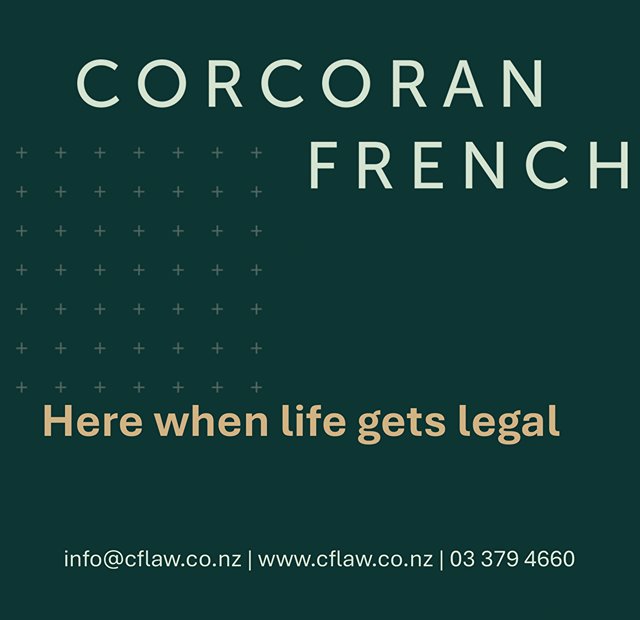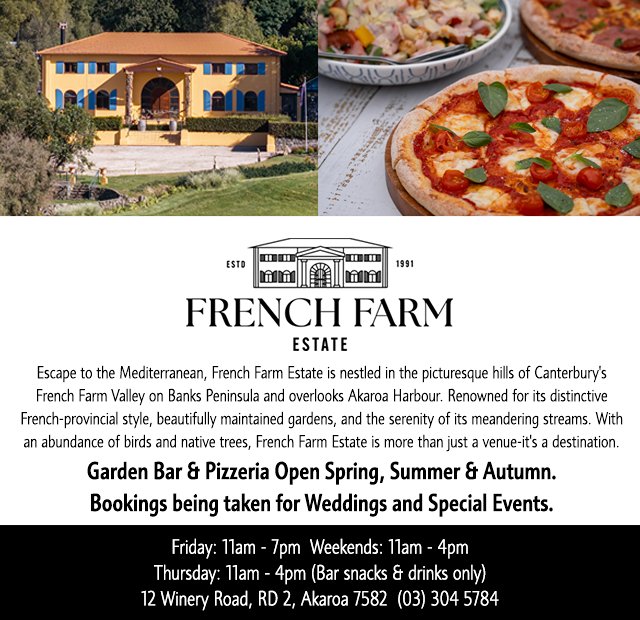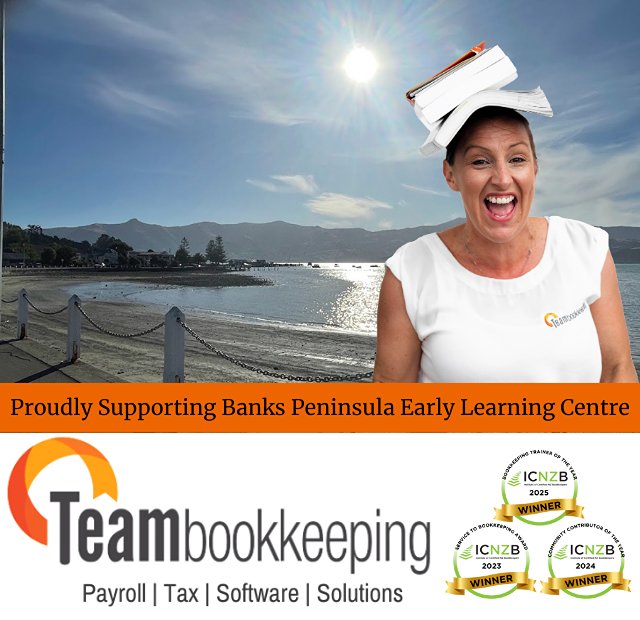

We have 5 spaces for under 2s and 25 spaces for over 2s
We follow Te Whāriki, the national ECE curriculum, grounded in principles of empowerment, family and community, holistic development, and relationships. Our philosophy builds on concepts of Manākitanga – positive, respectful and calm relationships with tamariki, family, whānau and community. Tangatawhenuatanga – Local knowledge and learning, adventure and curiosity. Rangiteratanga – Competent, curious, empathetic learners. Whakawhanaungatanga - Learning success for all; tamariki, ako, whānau, community an Governing Committee. Kaitiakitanga – learning respect and kindness for people and the planet, sustaining our land, community and centre. Language, culutre, creativity, respectful relationships and active exploration
Yes. Majority of our Kaiako hold qualifications in ECE and are certified by the Teaching Council of New Zealand. We also have unqualified and teachers in training on our team
We are open 8:15-3:45 Monday – Friday excluding public holidays.
We close between Christmas and New Year.
A mix of play-based learning, structured learning, group activities, meals, rest periods, excursions, free play and outdoor exploration. Please see our routine for more information.
No. We are a lunch box centre
Centres adhere to Ministry of Education regulations, yearly regular hazard reviews, opening and closing hazard checks and accident and illness forms
Whānau are noticed and tamariki are brought into the office until they can be picked up by an approved family member.
We request to see the vaccinations in the WellChild book upon enrolment. If we have an outbreak of a contagious illness we ask unvaccinated tamariki to stay home until the illness has passed.
Through child-led exploration, intentional teaching, and culturally responsive practices guided by individual families.
Yes. We regularly share learning stories, photos, and assessments through Storypark. Tamariki also have access to their stories in their profile books. We hold 6 monthly Individual Learning Plan hui with whānau to connect around progression of learning and skills to work towards.
Absolutely! Whānau are encouraged to participate in the centre’s learning journey. This can be done through events, feedback, everyday interaction and sharing special skills.
We have a complaint policy that we follow. Please see the copy of policies in the foyer for details

New fees after 20 hours free ECE, bracketed numbers are the cost without subsidisation – also the casual rate for unenrolled children.
Parents are invoiced weekly by the centre.
Fees are paid via bank transfer or automatic payment
Yes, for children aged 3–5.
A meeting with whānau prior to starting is set up to support a smooth transition into the centre. Support from external agencies is sought as needed for a variety of needs.
Kaiako attend a range of Professional Development on a variety of topics including inclusive education and neurodiversity
Minimum of 3 settling visits, flexible length of day during transition period, conversations with whānau ease separation anxiety and provide strategies as needed
Whānau are highly encouraged to stay for a minimum of 1 settling visit. Depending on the needs of each whānau, parents will be encouraged to spend time in the office or offsite to allow for relationships between tamariki and kaiakio to develop.
We ask whānau for their values and home celebrations and include them within our curriculum of events. We ask whānau to come in to share their cultures and special celebrations.
We are fortunate to have a relationship with our local marae, Ōnuku. Ōnuku marae is home to the hapū of Ngāi Tārewa and Ngāti Īrakehu and where a copy of Te Tiriti o Waitangi was signed.
Kaiako have a bicultural policy where we honour Tangata Whenua. We celebrate the language and culture of Māori through games, conversation and special events such as Matariki and Waitangi Day.
Yes. These are located in the foyer of the preschool and digital copies can be sent upon request.
We are a community run preschool, overseen by a Governance Committee. This committee is made up of parents. The day to day running of the preschool is overseen by the Manager. Monthly meetings are held between the Governance Committee and Manager to ensure accountability is being met.



Parents, please support our local businesses










Call Direct

Call Direct
Send Email
Visit Website

Call Direct
Send Email
Visit Website

Call Direct
Send Email

Call Direct
Send Email
Visit Website

Call Direct
Send Email
Visit Website

Call Direct
Send Email
Visit Website

Call Direct
Send Email

Call Direct
Send Email
Visit Website